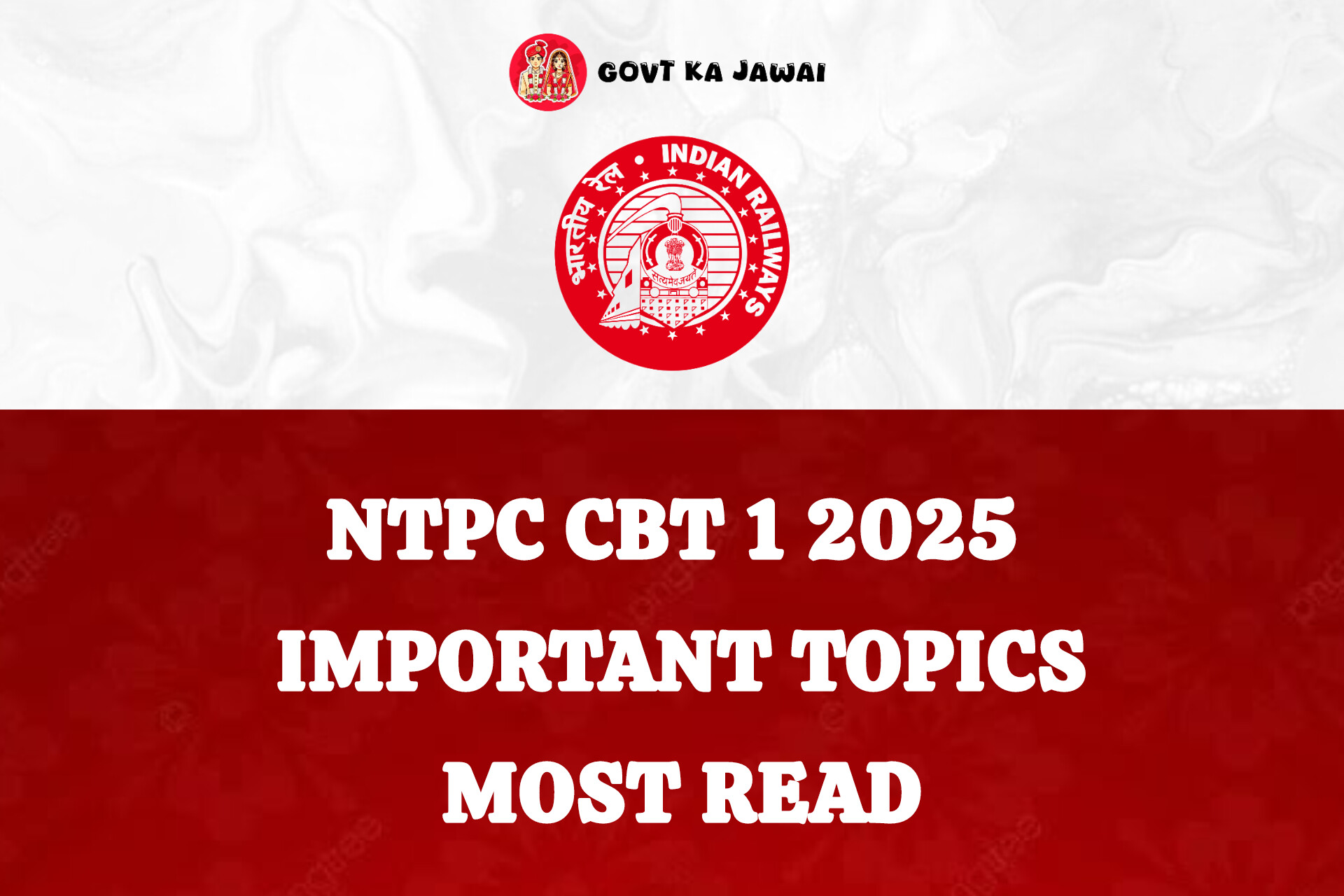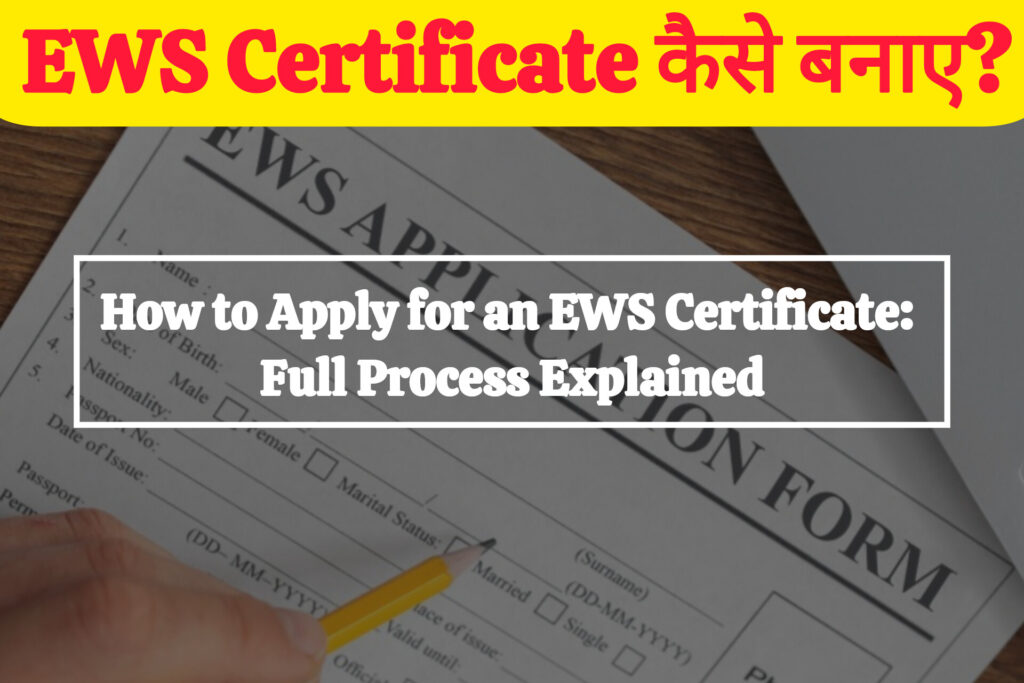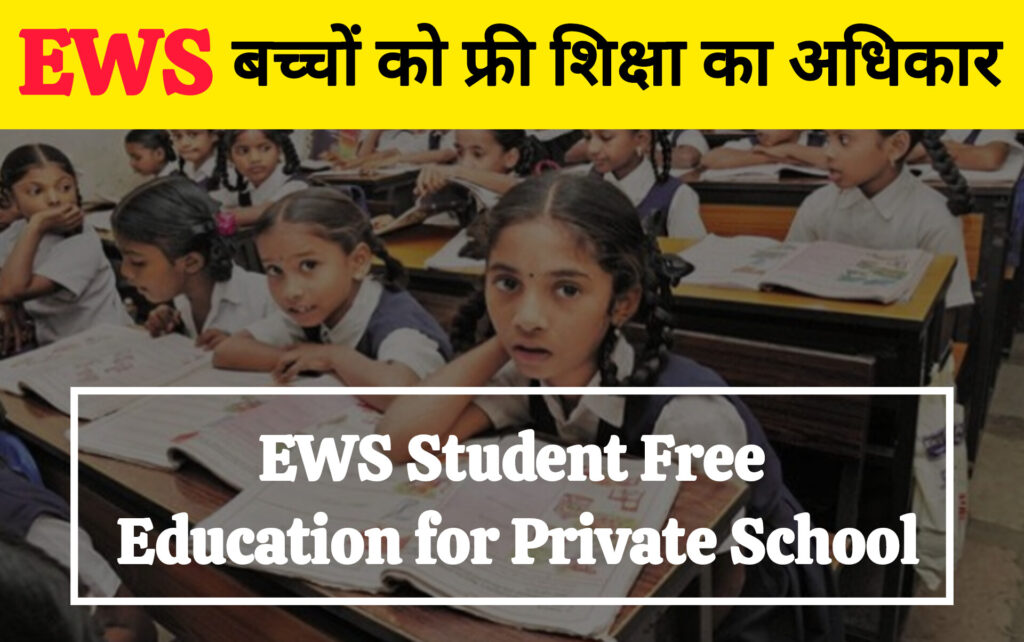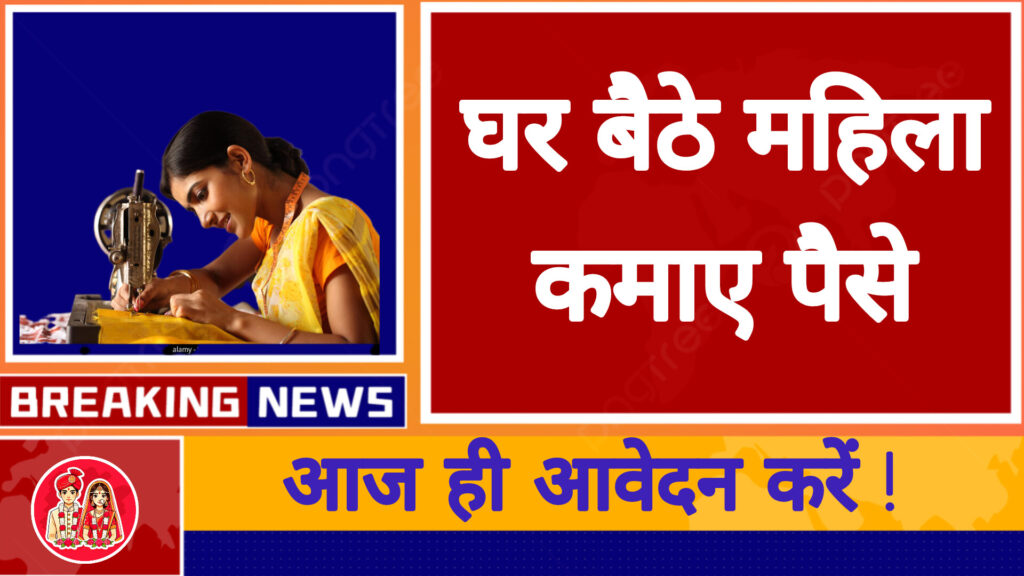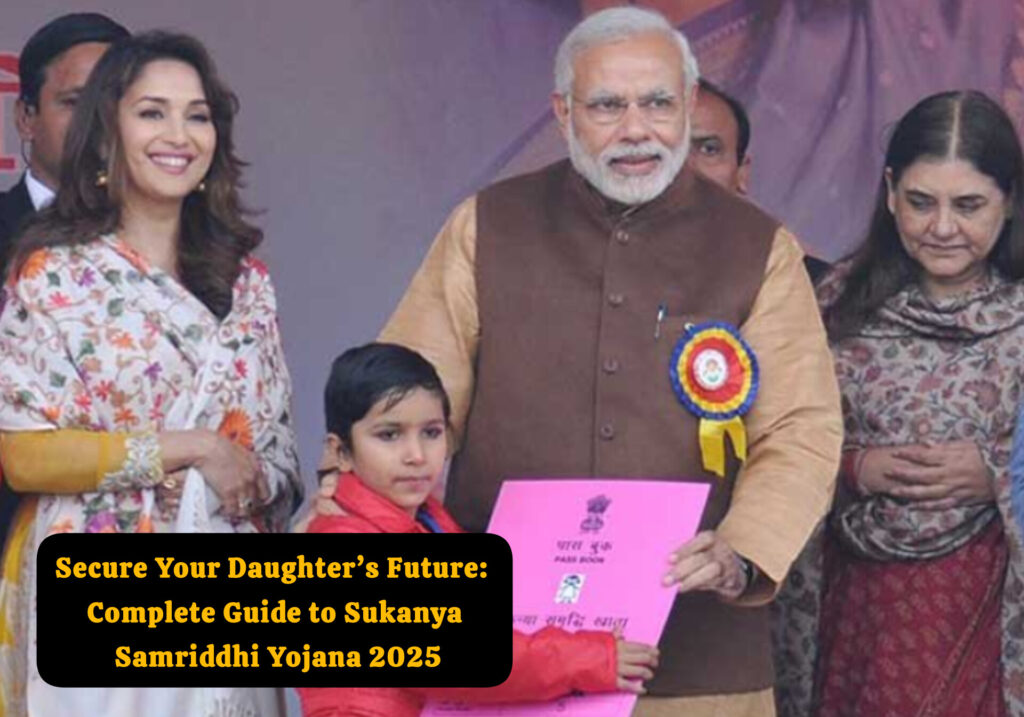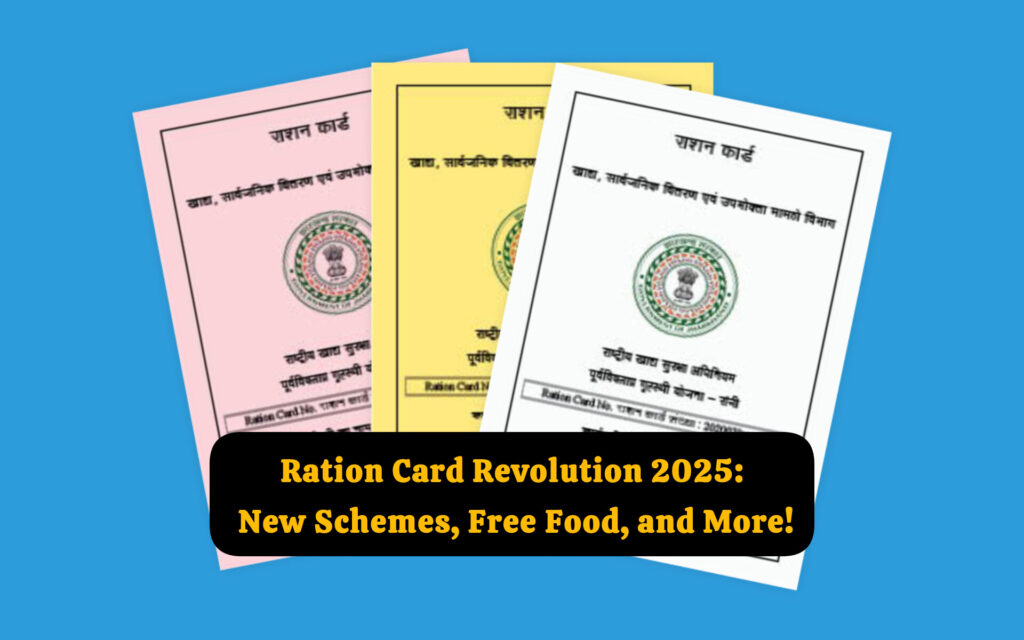The RRB NTPC CBT 1 2025 exam covers three main sections: General Awareness, Mathematics, and General Intelligence & Reasoning. Below is a breakdown of the most important and frequently tested topics for each section, based on the latest syllabus and exam analysis, to help you prioritize your preparation.
1. General Awareness (40 Marks, ~40 Questions)
This section has the highest weightage and is often considered moderately difficult. Focus on these key topics:
- Current Affairs (10–12 questions):
- National and international events (focus on the last 6 months, January 2025 to June 2025).
- Government schemes, economic policies, awards, sports events, and major summits.
- Example topics: Women’s Premier League, GDP-related updates, and recent global summits.
- Static General Knowledge:
- Indian History: Ancient, medieval, and modern history (e.g., freedom struggle, major historical events).
- Geography: Physical and economic geography of India (rivers, mountains, climate).
- Polity: Indian Constitution, governance, and political system (e.g., amendments, fundamental rights).
- Economics: Basic principles, banking, and financial awareness.
- General Science (up to 10th CBSE level):
- Physics: Motion, energy, light, and sound.
- Chemistry: Elements, compounds, and reactions.
- Biology: Human body, diseases, and nutrition.
- Recommended resources: Lucent General Science and high school science books.
- Science and Technology: Space missions, defense technology, and recent innovations.
- Art and Culture: Indian literature, festivals, and cultural heritage.
- Environment: Biodiversity, climate change, and ecology.
Preparation Tips:
- Read newspapers or monthly current affairs PDFs for updates.
- Use Lucent’s GK for static knowledge and practice mock tests to identify high-weightage topics.
- Revise short notes regularly and focus on current affairs from October 2024 to April 2025.
2. Mathematics (30 Marks, ~30 Questions)
This section tests numerical and problem-solving skills and is typically easy to moderate. Key topics include:
- Number System: Integers, fractions, decimals, LCM, and HCF.
- Percentage: Calculations and applications.
- Ratio and Proportion: Direct and inverse proportions.
- Profit, Loss, and Discount: Cost price, selling price, and discount calculations.
- Simple and Compound Interest: Basic formulas and applications.
- Time and Work: Work efficiency and time management problems.
- Speed, Time, and Distance: Problems involving relative speed and trains.
- Mensuration: Area, perimeter, and volume of shapes (triangles, circles, cubes).
- Data Interpretation: Tables, bar graphs, and pie charts.
- Algebra: Basic equations and identities.
- Geometry: Lines, angles, and triangles (less frequent but important).
- Elementary Statistics: Mean, median, and mode.
Preparation Tips:
- Practice shortcuts and formulas to improve speed and accuracy.
- Solve previous year papers to understand question patterns (e.g., 2016, 2020, 2021 papers).
- Focus on high-weightage topics like percentage, ratio, and data interpretation.
3. General Intelligence & Reasoning (30 Marks, ~30 Questions)
This section is usually the easiest, testing logical and analytical skills. Key topics include:
- Puzzles: Seating arrangements (linear/circular) and scheduling (high weightage, ~5–7 questions).
- Coding-Decoding: Letter, number, and symbol-based coding.
- Analogy: Number, letter, and word analogies.
- Series: Number and alphabetical series.
- Syllogism: Statements and conclusions.
- Blood Relations: Family tree and relationship-based questions.
- Venn Diagrams: Logical relationships between groups.
- Direction and Distance: Problems on directions and distances.
- Mathematical Operations: Basic arithmetic operations in reasoning.
- Non-Verbal Reasoning: Patterns, mirror images, and figure completion.
Preparation Tips:
- Practice puzzles and coding-decoding regularly, as they carry significant weight.
- Use mock tests to improve speed and accuracy under time constraints.
- Revise reasoning concepts through standard books like R.S. Aggarwal.
Additional Notes
- Exam Pattern: CBT 1 consists of 100 questions (100 marks) to be answered in 90 minutes (120 minutes for PwBD candidates). Negative marking of 1/3rd mark applies for each wrong answer.
- Difficulty Level: Based on recent analysis (June 5–7, 2025 shifts), the overall difficulty is easy to moderate, with General Awareness being slightly tougher.
- Good Attempts: Aim for 76–85 questions with high accuracy to be competitive.
- Previous Year Papers: Solving papers from 2016, 2017, and 2020–21 helps identify frequently asked topics and improves time management.
- Study Plan: Create a structured schedule, allocate time based on topic weightage, and revise regularly. Use resources like Testbook or PracticeMock for mock tests and current affairs updates.
Recommended Strategy:
- Start with the General Awareness section, focusing on current affairs and general science, as it has the highest weightage.
- Strengthen Mathematics by practicing high-scoring topics like percentage and ratio.
- Master Reasoning by solving puzzles and coding-decoding daily.
- Download the RRB NTPC Syllabus PDF and previous year papers for targeted preparation.
For further details, check the official RRB NTPC Syllabus on the Indian Railways website (indianrailways.gov.in) or trusted platforms like Jagran Josh or Career Power.

